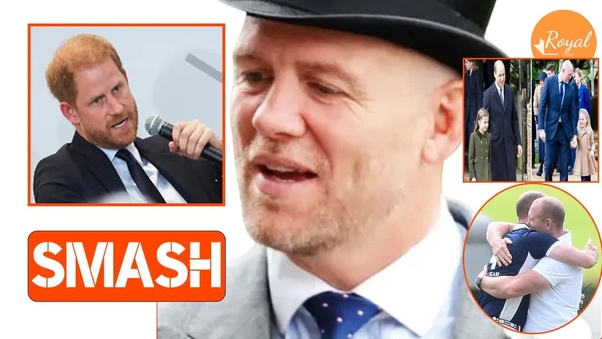Must Read
Prince Harry’s Witness Statement: Unveiling the Intricacies of Royal Language
In the realm of the British monarchy, each word, title, and reference holds immense weight and significance.
Prince Harry's witness statement recently emerged, sparking a firestorm of analysis and debate.
This document, crafted to bolster his legal battle against phone hacking, unveiled various intriguing twists that captivated royal watchers and legal experts alike.
From minor technicalities to deeply personal revelations, Harry's statement raised eyebrows and prompted questions about his intentions.
One of the most striking errors in Prince Harry's witness statement was the misattribution of his father's title.
Instead of correctly labeling him as His Majesty King Charles III, Harry mistakenly referred to him as His Royal Highness King Charles III.
While this may appear as a minor oversight to some, it triggered a flurry of discussions among royal enthusiasts.
The correct title, His Majesty, exudes regality and authority that His Royal Highness lacks, leaving readers pondering potential implications and any underlying tensions in the father-son relationship.
Throughout his statement, Prince Harry frequently used the term “institution” when mentioning his family and security operations.
This choice of language raised eyebrows and fueled speculation that Harry aimed to portray them as a cold, impersonal entity.
By employing such a broad term, he seemed to distance himself from the personal and familial aspects of his grievances, focusing more on systemic issues.
Critics argue that this choice undermines the credibility of his claims, hinting that Harry might be leveraging public sentiment against the monarchy rather than addressing specific concerns.
Prince Harry's reference to his late mother, Princess Diana, also sparked controversy.
Although technically accurate in calling her Princess Diana, the more colloquial term clashed with her official title, Diana, Princess of Wales.
This seemingly minor detail became a point of contention, with critics accusing Harry of downplaying his mother's position and significance within the royal family.
The debate over this small discrepancy highlights the intense scrutiny every aspect of the royal narrative faces.
Persistent rumors have surrounded Prince Harry's paternity throughout his life, with speculations suggesting that his biological father is not Prince Charles but James Hewitt, a former British Army officer.
These rumors have cast a shadow over Harry's identity, leaving him with lingering doubts and insecurities.
Astonishingly, Harry only discovered these rumors at the age of 30, after grappling with uncertainty for over a decade.
By incorporating these paternity rumors into his witness statement, Harry revealed a deeply personal struggle that some critics argue is irrelevant to the phone hacking case, raising further questions about his motives.
Prince Harry's witness statement has faced criticism from various angles.
Some question the relevance of his personal struggles in the context of a legal battle against phone hacking, while others accuse him of using the lawsuit to settle personal scores or tarnish the royal family's reputation.
These criticisms stem from broader skepticism surrounding Harry's motivations and his departure from traditional royal protocols.
As he treads a fine line between personal integrity and his obligations as a member of the British monarchy, every move he makes undergoes intense scrutiny.
Prince Harry's witness statement in the legal battle against phone hacking has ignited a storm of analysis and debate.
From the misattributed title to the choice of terms and personal revelations, every aspect of his statement has been dissected and deliberated upon.
As the saga unfolds, the public remains engrossed, eager to decipher the motives and repercussions of Prince Harry's words.
In a world where each spoken word carries immense weight, the true impact of this witness statement, both on the phone hacking case and the broader narrative of the British monarchy, is yet to unfold.








































